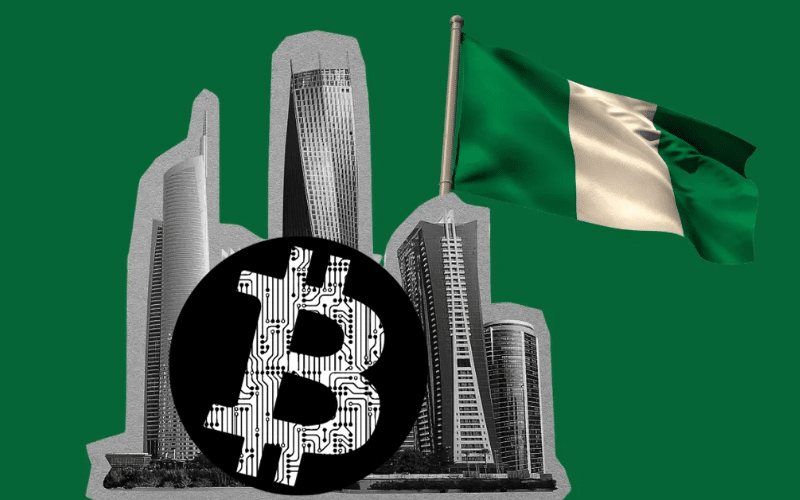Nigeria’s stance on cryptocurrency is becoming increasingly complex. The International Monetary Fund (IMF) recently recommended the country license global cryptocurrency exchanges as part of its economic reforms.
This proposal aims to solidify Nigeria’s position as a leader in Africa’s crypto market and attract international investment. The IMF emphasizes the potential for crypto to improve remittance mechanisms for the vast Nigerian diaspora and bolster financial market stability.
However, this endorsement comes amidst a contradictory move by Nigeria’s Securities and Exchange Commission (SEC). The SEC is contemplating a ban on peer-to-peer (P2P) cryptocurrency transactions using the Nigerian naira, citing concerns about protecting the currency from manipulation. Industry experts view such a ban as a near-impossible feat.
The IMF’s report highlights the surging use of crypto for cross-border transactions in Nigeria, leading to a rise in unrecorded financial activity reflected in the country’s “net errors and omissions” (NEOs).
Licensing crypto exchanges, the IMF argues, would enhance governance over digital financial flows, mitigate fraud and money laundering risks, and reduce illegal financial activity.
This situation presents a dilemma for Nigeria. Embracing the IMF’s recommendation could establish the country as a hub for regulated crypto activity in Africa, fostering both economic stability and transparency.
However, navigating the balance between regulation and stifling innovation in the crypto space remains a challenge. Additionally, the potential conflict between the IMF’s suggestion and the SEC’s proposed ban adds another layer of complexity.
The coming months will be crucial in determining Nigeria’s path forward. Will the country embrace the IMF’s vision and license crypto exchanges? How will the SEC’s proposed P2P ban impact crypto adoption within Nigeria’s borders? Can Nigeria strike a delicate equilibrium between regulations and fostering a climate of innovation in the crypto sphere?
Only time will tell how this story unfolds, with the potential to significantly impact Nigeria’s economic landscape and its position within the African crypto market.
Also Read: Nigeria Weighs Tighter Rules on Crypto Market, Calls Meeting

